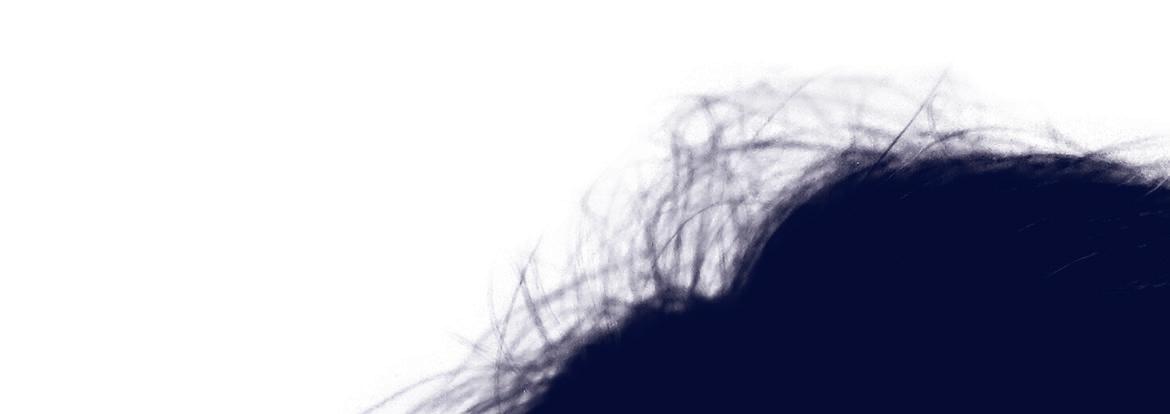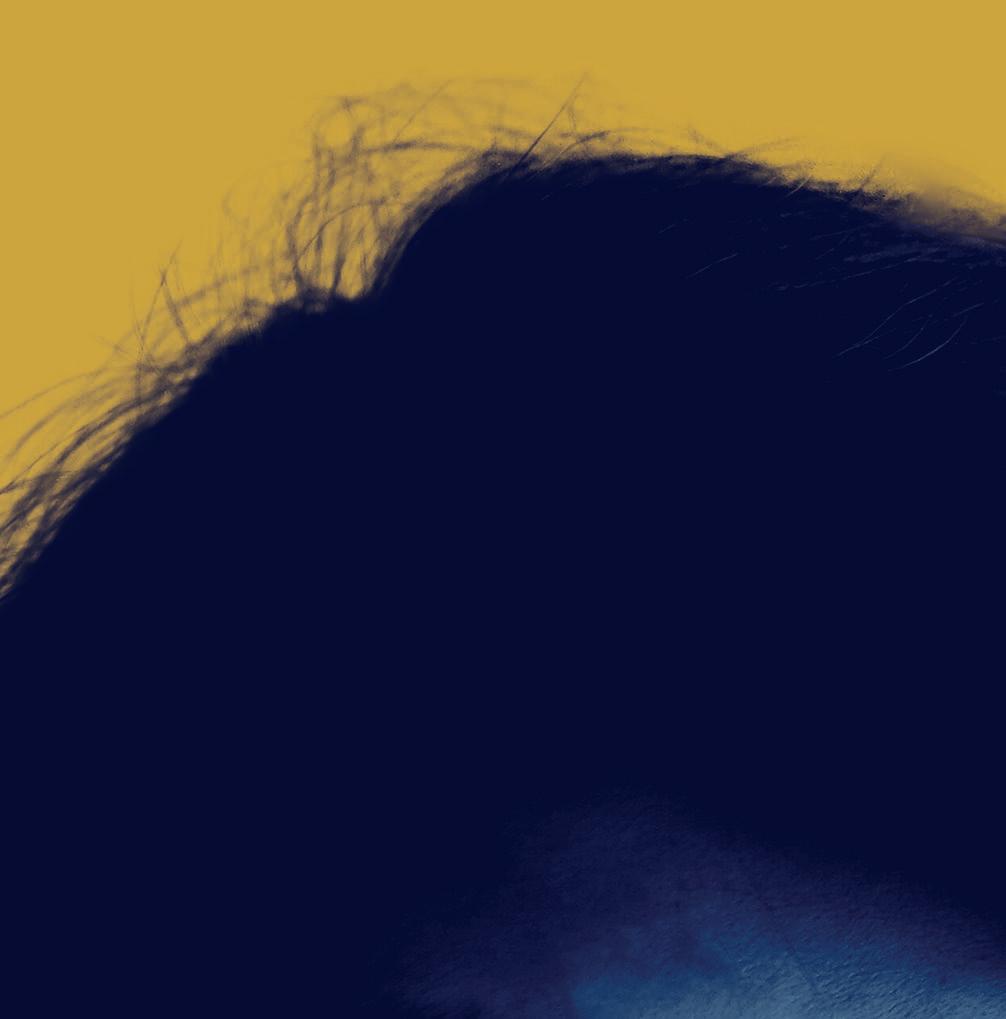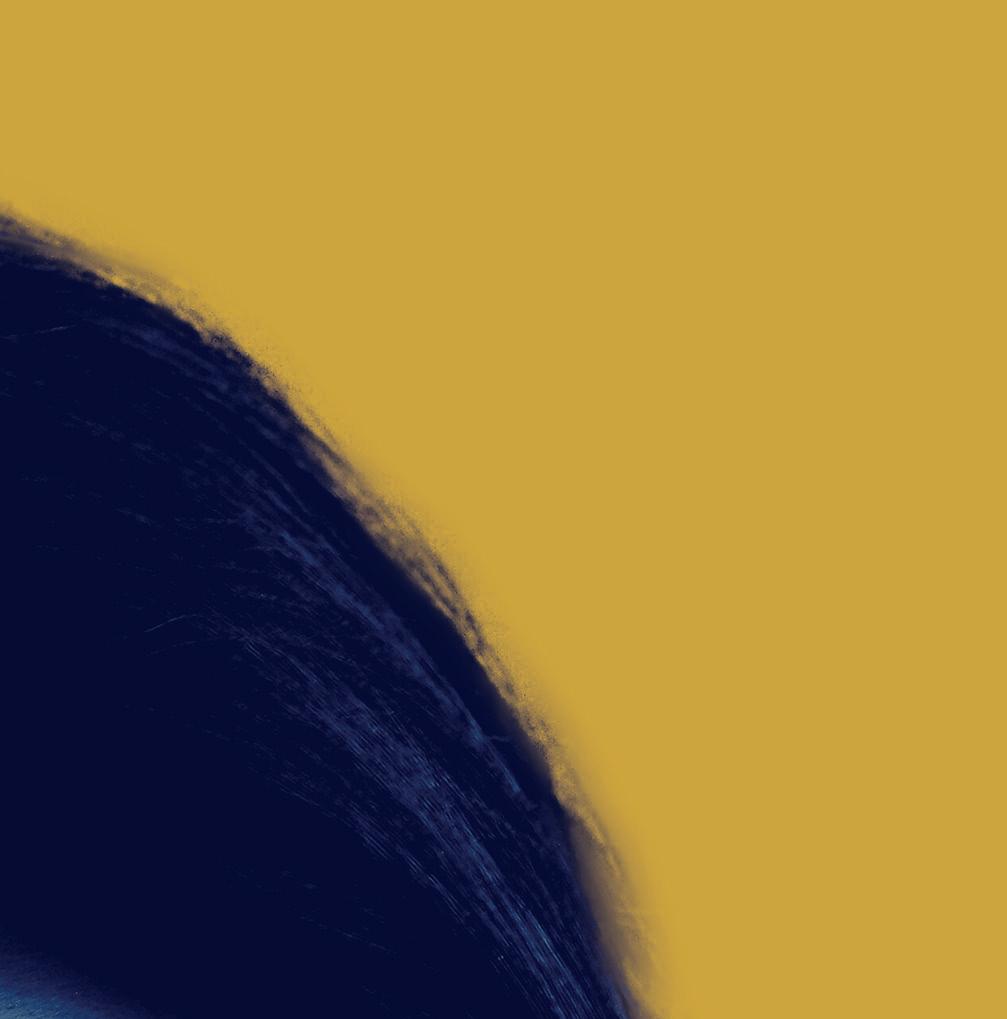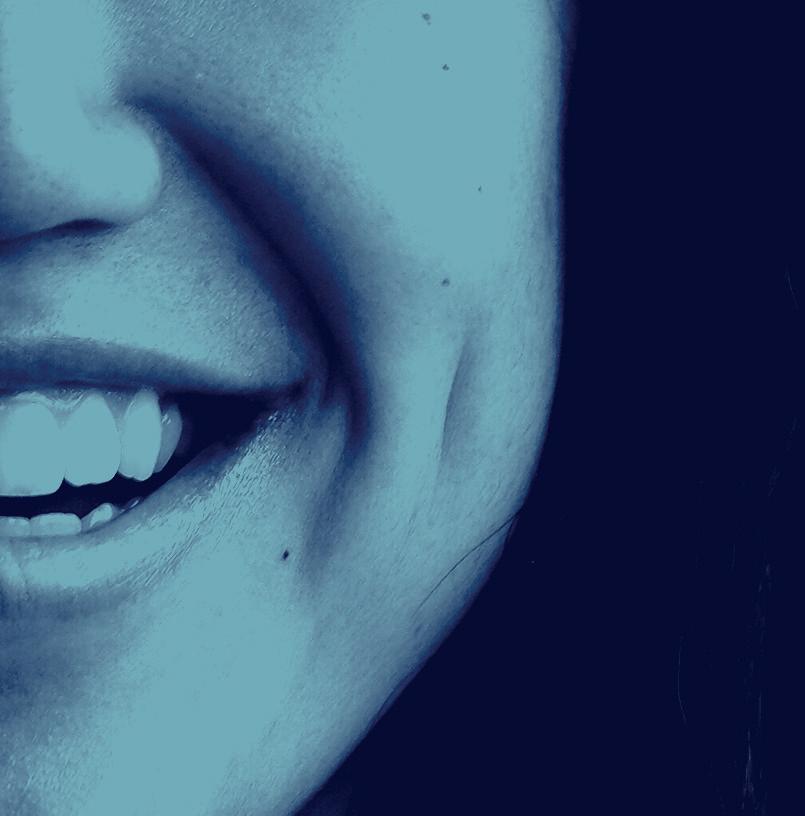
9 minute read
Wing Yan Man


Advertisement



© Carlos van Oostrum





Turning Backyards into Schoolyards
Wing Yan Man Founder 3310 School for Millennials & programme coordinator Artifi cial Intelligence at TU Delft
With technological advancements skyrocketing, it seems all we need is available right under our thumbs. But are these innovations actually improving our lives? Wing Yan Man observes worrying trends in today’s (over)stimulating yet isolating society – but we might reconnect if we relearn to rest.
My love for designing cities started at the age of fifteen. My friend’s father showed me pictures of beautiful Calatrava bridges, the ones with white arches that look like whale skeletons or huge eyes. Civil Engineering, that was the study I would pursue. Building big stadiums, infrastructure, waterways – all the things I wanted to design that would have a great impact on how we would live, transport ourselves and protect ourselves from natural disasters. With the rise of technology and the speed and innovation it grants, I decided to focus on designing smart cities. I started my first job at a big tech company, sprinting up the corporate ladder as a twenty-something year old, finding my way just after moving to the big city of Amsterdam. Three years later, I burned out. Being the first generation in my family to attend university in a society that considers millennials (like me) lazy and spoiled, I felt highly pressured to succeed. Additionally, I was raised with the notion that status, money and security are of great importance. Meanwhile, internet quotes tell me to not worry, be happy and do what I love. My expectations of myself were sky high. Failure was not an option. Yes, there were personal reasons for my burnout. But was this solely my own fault? I knew that my city life did not encourage me to stay mentally healthy either. So I wondered: are the environments we live in actually designed to benefit our needs to lead a healthy, happy and fulfilling life?
Designing the right cities? Growing up in a small town with only one supermarket and part of the only Asian family there, I was often discriminated against. Moving to Amsterdam, the multicultural capital, I expected to feel at home straightaway. However, when cycling from the city centre towards the outskirts of town, the contrast in architecture, demographics and inequality is – even today – painfully clear. How would I know where to fit in? Not religious, I was looking for a place in the city where people from all levels and backgrounds of society would come together, a place where I could feel that I belonged. The Marktkantine dance club was probably the closest thing I found – not exactly a place where I would see myself having meaningful conversations. And this club, much like the few public spaces we used to have, has been turned into homes due to the housing crisis.
With the rise of online shopping and chatbots, there is almost no need for me to interact with people outside of my social bubble – let alone leaving the house. When I am out, I wear my headphones to catch up on podcasts. I literally shut myself off from my surroundings, just like many others. In these times of wealth, the city provides
an abundance of choices in entertainment. We might try and isolate ourselves to prevent overstimulation, but the internet does not have an ‘off’ button. Excess of information, the global economy: technology has drastically changed how we live. But we are increasingly experiencing the unforeseen negative effects, too. The infinite scroll occupying every little bit of our free time and chatting away simultaneously on apps: we are more connected than ever, but disconnected from our bodies and minds. Five minutes in the shower is probably the only time my brain gets a break during the day.
When was the last time you were bored? Ideas and solutions often come to mind when we do nothing. But we do not allow ourselves that time, nor a moment to reflect on our feelings. We would rather trust a watch to say we are healthy than listen to our bodies; rather follow tips from a book than grant ourselves space to consider what makes us happy. You would think that, with all this knowledge right under our thumbs, vacuuming robots and working from home, we would be more efficient, less stressed and have more time to enjoy life. But then why do so many – among which one out of five of the seemingly ‘carefree’ younger generation – move towards burnout?1
When asked how they are doing, most people answer ‘tired’ or ‘busy’. Adding more pressure onto the people covering for those who have already taken sick leave is not sustainable. To serve a growing, ageing population and to combat the unpredictable future events and crises, at the very least we need physically and mentally fit citizens. The growing waiting lists of psychological help makes me wonder if our quality of life is valued enough. Who is protecting us from spiralling any further?
The homogeneous city layout and removal of public spaces make opportunities for conversation with people outside of my own bubble scarce. Yes, through socials I can connect to others, but the risk of not getting a ‘like’ when sharing a vulnerable story among a sea of happy faces is too high. Anonymous keyboard warriors with strong opinions make it impossible to respectfully find a middle ground in discussions and, instead, drive us further apart. Today, already 47% of Dutch adults feel lonely.2
Polarisation and isolation do not only lead to increased depression, but also in becoming less diverse in our thinking and losing trust in our fellow citizens. What is a sustainable, healthy city? How do we stay in charge of technology? How do we close the growing inequality gap? These questions that touch all our lives, ask of us to collaborate and to think creatively.
1 CBS, ‘1 op 5 werkende jongeren ervaart werkstress’ (02-03-2022); NRC, ‘Ziek van de stress: waarom twintigers en dertigers steeds vaker uitvallen’ (27-07-2022) 2 GGD, CBS & RIVM, ‘Gezondheidsmonitor Volwassenen en Ouderen’ (09-06-2022)
The diversity of answers leads to more innovative and supported resolutions. But when there is no time to get together, no safe space to find common ground, how will we make decisions that will benefit us all?
The city as our school I believe that our cities are neither designed to facilitate our current needs, nor are they sustainable to deal with the future. As an engineer, I understand that changing the infrastructure and our systems will not happen overnight. But as a citizen, I hope we get started before we all collapse. If I could redesign our cities to encourage us to lead a happy, healthy and fulfilling life, it would look something like this.
When designing cities, we are no longer bound to physical space. There are whole digital and systemic worlds to consider. I wish to provide space and tools that help us navigate effortlessly into the desired actions to fulfil our true needs. In other words: public spaces should be accessible and en route for a diverse population, not muffled away in remote areas.
Buzzwords like ‘A.I.’ and ‘Big Data’ often make people believe that technology is the solution for everything. But I think it should always be a means to an end. Technology should work for us to make decisions easier, faster, healthier and more considerate, and not becoming more productive or controlling of each other. Systemically, we have to rethink what a healthy and purposeful lifestyle that serves an entire society looks like, and how we can let citizens adopt this behaviour in an easy, sustainable fashion.
Unfortunately, no machine produces more hours to go into a day to finish our endless to do lists. When we do have a minute to rest, we get to choose from millions of videos, series, movies, songs and games to engage in. Or we follow other people’s lives on social media, while letting our own life pass by. What if we would not get caught up in what others find important, but focus on ourselves? Oftentimes, we are able to think of solutions if we take a step back. Creating smartphone free zones at bus stops, in waiting rooms, on public transport and in other public spaces forces us into a brief digital detox. In peace, letting our body and mind rest, recalibrate and move into a healthier direction. Not everybody who feels run down needs therapy straightaway. We often just want someone to listen, a place where we can build meaningful relationships, where we can belong. If we could extend these smartphone free zones into community houses, libraries and cafes with the sole purpose to connect with one another, I believe we would also alleviate the mental healthcare system. One thing my childhood village taught me is to greet everyone passing by, a simple acknowledgement and sign of respect towards another human being. We need a code of conduct to remind ourselves to check up on each other, listen, be patient and kind. With respect we can build trust, be vulnerable, help each other in need, grow empathy and create a support system. The Covid-19 crisis has proven that humans prefer physical over digital contact, but online, we can reach a bigger audience. Would it not be great if we could create a safe space on the internet to have sincere conversations, where everyone would follow this code of conduct – not anonymously, but presenting their authenticity – and show vulnerability instead of hate?
School didn’t teach us how to deal with the basics of life,
like the feeling of failure or the loss of a loved one – let alone surviving financial crises or climate change. To stay sane and adapt to these rapid, unpredictable changes, we need to keep learning throughout our whole lives, actively and fast. My dream is to turn our cities into schools: each citizen is a teacher and their backyard is our class room. With people from all backgrounds and walks of life, we have a rich database of experience we can tap into. A city where we visit each other, make meaningful connections and teach one another with our stories – there, I would feel at home. CURIOUS FOR MORE?
In the DCFA programme Redesigning (Mental) Healthcare we uncover how to (re)design an accessible and equitable (mental) healthcare system for all.
PODCAST: NAVIGATING THE MILLENNIAL BURNOUT
An interview with Wing Yan Man on the OpenFrame podcast about her burnout and how it relates to the circumstances of the millennial generation.
BOOK: THE CARING CITY
In this important contribution to urban studies, Juliet Davis makes the case for a more ethical and humane approach to city development and management.










